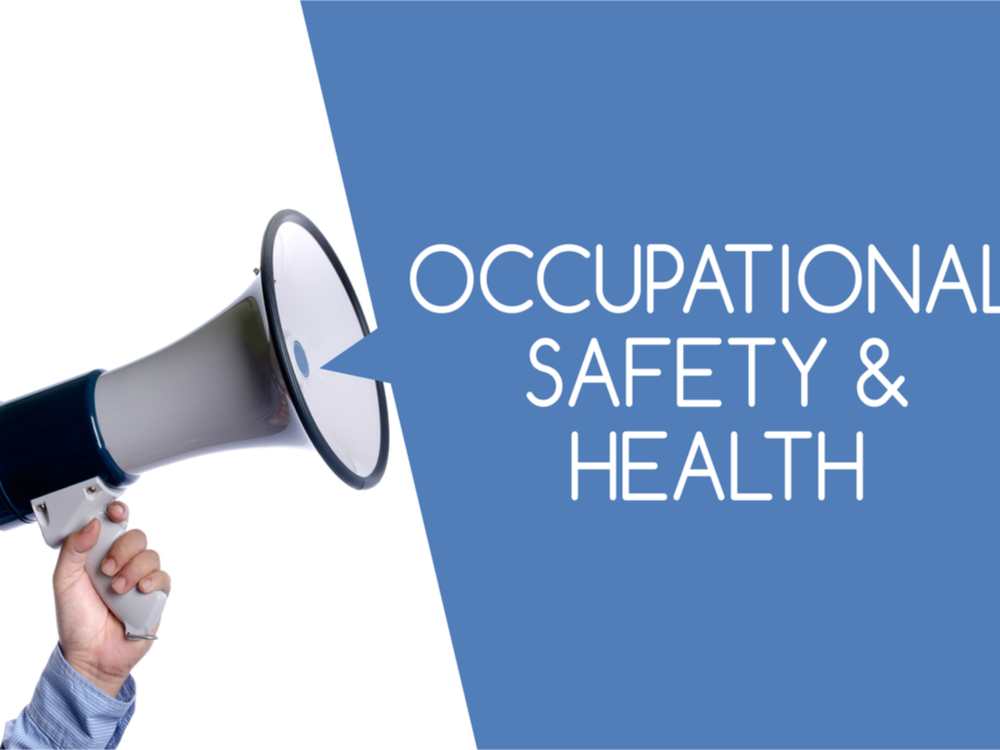A role in occupational safety and health can be extremely rewarding, giving you the chance to protect people’s wellbeing while they’re at work. Whether you’re just starting out or you’ve been in this type of job for a while, there may come a point when you’re keen to further your career prospects. To help you go on to bigger and better things, here are some top tips.
Obtain new qualifications
To work in an occupational safety and health role, you’ll usually need a bachelor’s degree, a Master’s degree or a postgraduate diploma that is recognised by the Institution of Occupational Safety and Health. If you’re in this field of work, it’s likely you’re already qualified, but if you’re keen to progress even further, you might want to think about obtaining some new qualifications to help you stand out from the crowd. For example, you could acquire a qualification through the National Examination Board in Occupational Safety and Health (NEBOSH). If you’ve just started out in this field of work, you could go for an entry level NEBOSH certificate first, such as the National General Certificate. However, if you want a more advanced option, a NEBOSH diploma, such as the International Diploma in Occupational Safety and Health, might be suitable.
There’s no denying that it takes time and effort to acquire these qualifications, but it’s worth noting that many of these courses can be completed in your own time. For instance, training specialists SHEilds offer NEBOSH training courses online, making it easier for you to fit your studies around your work commitments.
Develop your skills
To further your career prospects, it helps to develop your skills. Unless you’re willing to improve upon what you already know, you run the risk of being surpassed by others in your field of work. So, if you want to go onto bigger things where your career is concerned, it’s important that you’re constantly looking for ways to better yourself when it comes to your skill set.
There are a number of skills you’ll need if you want to thrive in an occupational safety and health role. For example, it helps to be a clear, confident communicator, have good organisational abilities and have a knack for problem solving. To build on these skills, you could gain some additional work experience. For instance, you could take up an internship or simply shadow a professional while they work. Aside from developing your existing skills, there’s no doubt you’ll pick up new ones too.
Make sure your CV is up-to-date
When it comes to applying for your dream role, you can’t expect to impress a potential employer if your CV isn’t up-to-date. There’s a good chance they will have a lot of these documents to go through before deciding who to interview for the job, so it’s important that yours is spot on.
Your CV should clearly set out your work history and any traits, skills and experience you have that you think make you a cut above the rest. Ideally, it should be no more than two pages, so try to keep the information short and succinct.
If you’re keen to further your career in occupational safety and health, following these tips should help put you on the right track.




